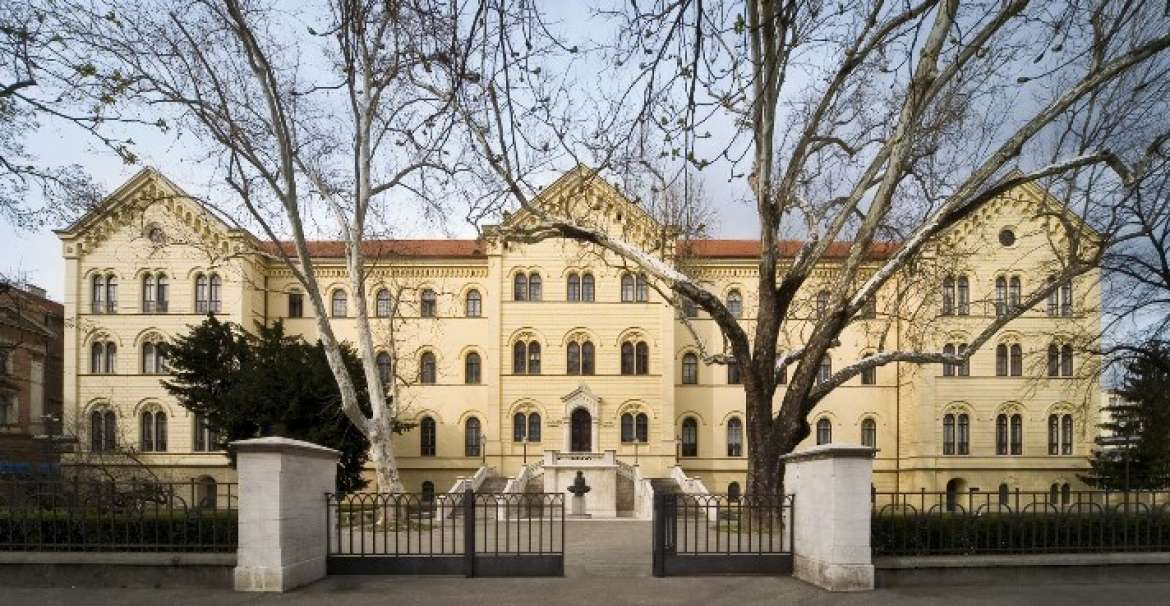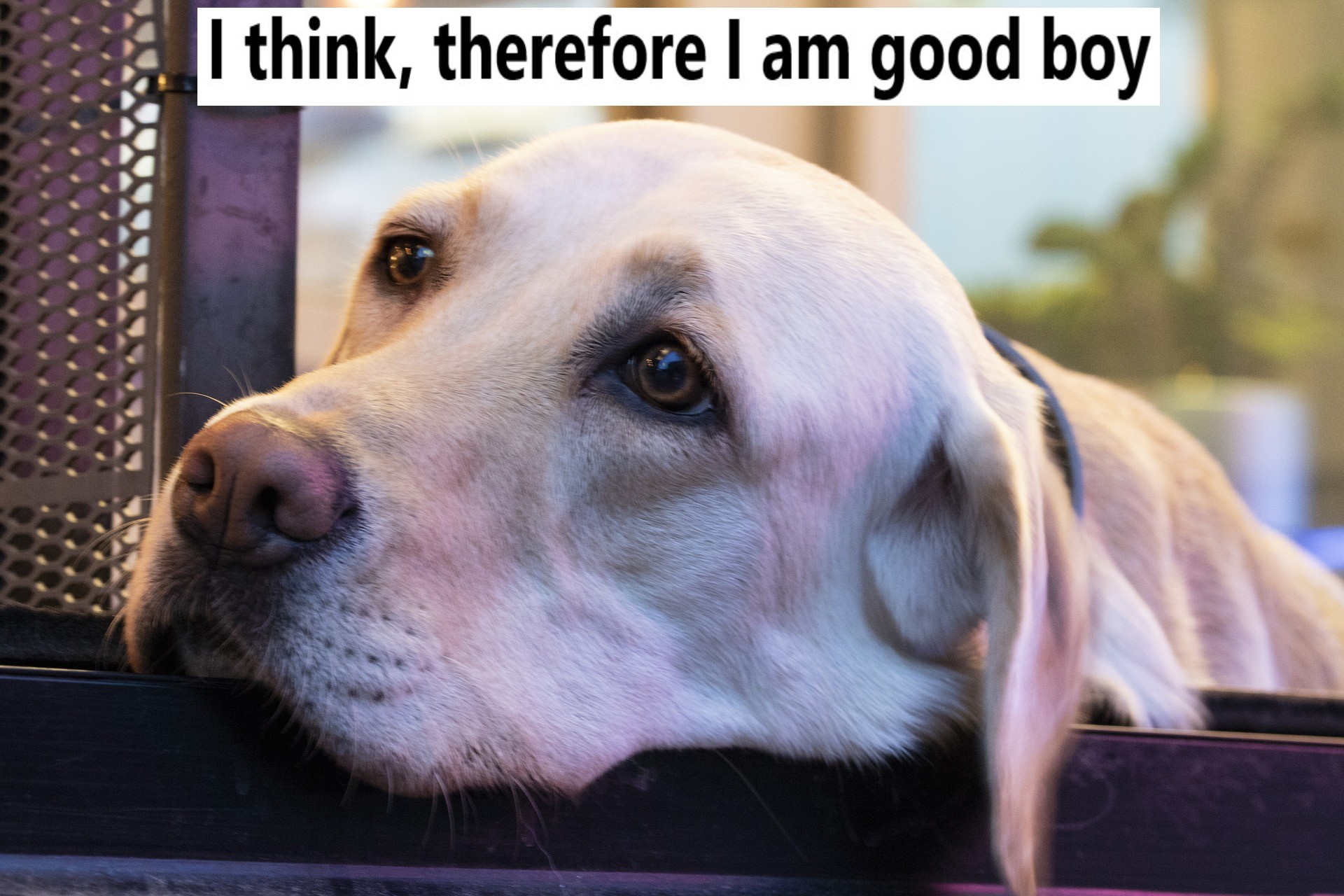New Digital Agriculture Programme Launched at Osijek University
ZAGREB, 2 Oct, 2021 - The Faculty of Agribiotechnical Sciences and Faculty of Electrical Engineering, Computing and Information Technologies in the eastern city of Osijek are enrolling the first class of students for the new Digital Agriculture programme, Večernji List newspaper says in its Saturday edition.
The programme will be taught in English and will include lecturers from abroad. Admissions to the academic year 2021/2022 are open until 11 October and there are still 20 vacancies left. All first-year students will be exempted from tuition fees.
"With this programme, Croatia has an opportunity to position itself as a centre of excellence for digital agriculture," Zdenko Lončarić, Vice-Dean of the Faculty of Agribiotechnical Sciences, was quoted as saying.
"It is important that a programme like this has opened in Slavonia, our most important agricultural region with huge potential for additional development which, unfortunately, has not been sufficiently tapped because of the mass-scale emigration of the population and loss of labour," he added.
Lončarić said he was confident that the new academic programme could slow the negative demographic trend and help Slavonia regain its place among the most important food producers in the EU.
For more on lifestyle, follow TCN's dedicated page.
For more about Croatia, CLICK HERE.
Croatian Female Postgraduate Students Outnumber Men 2:1
January 18, 2021 – Newly released figures examining further education demographics show that Croatian female postgraduate students account for a huge 66.3 percent of all those enrolled at this level in the country
Nobody is really sure for just how long women have lived in an imbalanced society. The patriarchal system stretches back thousands of years, favouring male authority and male heirs. It is only within the relatively recent past that we have rightly begun to question the social, legal, political, religious, and economic restraints placed upon women. Key to their continuing emancipation has been equal opportunities in education.
In Croatia, where some consider the patriarchal system to have stubbornly lingered for longer than in other parts of Europe, evidence of society's continuing shift can be seen in the latest figures for higher education. According to the Central Bureau of Statistics (CBS), within the field of specialist studies in the academic year 2019/2020, Croatian female postgraduate students outnumber their male counterparts at almost 2:1.
Of 1429 students who enrolled in specialist continuing studies for the year 2000, some 948 of them were Croatian female postgraduate students. Croatian female postgraduate students account for 66.3 percent of all students enrolled at this level in the country, with their male counterparts accounting for just 33.7 percent.
Social sciences (cultural and social anthropology, sociology, psychology, political science, and economics) accounted for the largest area in which Croatian female postgraduate students chose to study, accounting for 43.7 percent of female enrolments. The next most popular areas of study for Croatian female postgraduate students were biomedicine and health (42.8 percent), followed by technical sciences (5.7 percent), interdisciplinary fields of science (4.5 percent) then natural sciences (1.1 percent). Less than one percent of Croatian female postgraduate students enrolled in the humanities (0.9 percent), biotechnical sciences (0.7 percent) and the arts (0.6 percent).
Most postgraduate specialist students enrolled at the University of Zagreb (79.3 percent), followed by the University of Rijeka (10.5 percent), the University of Osijek (6.9 percent), the University of Split (2.5 percent), and Libertas International University Zagreb (0.8 percent).
Croatian female postgraduate students accounted for 81.8 percent of enrolments for this level of study at Libertas International University Zagreb, 77.8 percent at the University of Split, 68 percent at the University of Zagreb, 62.2 percent at the University of Osijek, and 52.6 percent at the University of Rijeka. The University of Zagreb © University of Zagreb
The University of Zagreb © University of Zagreb
Most students enrolling for studies at the postgraduate level were aged 30 to 34 years (36.1 percent), with 24.8 percent being in the 25 to 29 age group. 19 percent were in the 35 to 39 age group, 9.9 percent in the 40 to 44 age group, 5.7 percent in the 45 to 49 age group, 2.4 percent in the 50 to 54 age group, 1.1 percent in the 55+ age group and 1 percent were aged 24-years-old.
98.3 percent of all postgraduate students enrolled at universities in Croatia are citizens of the Republic of Croatia. Foreigners choosing to undertake their postgraduate studies at universities in Croatia accounted for just 1.7 percent of enrolments. Of the Croatian citizens, 97 percent had previously graduated in the Republic of Croatia, and 3 percent abroad.
97 percent of all postgraduate students are already employed and 3 percent unemployed. 42.8 percent are employed in the field of healthcare and social care. Employers paid for the greatest share of postgraduate course fees - 55.8 percent of postgraduate students had their course fees paid for by their employer. 43.7 percent of students paid for their own study fees.
Philosophy Faculty Osijek Croatia's First To Welcome Students' Dogs
November 29, 2020 – With most of the staff being dog owners, Philosophy Faculty Osijek has made the decision to become the first university institution in Croatia to which students can bring their pet dogs
The singular city of Osijek is well known for many reasons – the fantastic food of Slavonia and Baranja, the spectacular Old Town of Tvrđa, the Drava river along which the city stretches, one of the current top teams in the national football league and a university that produces excellent graduates in many different subjects, not least computer sciences.
In 2020, Osijek University has been earning a name for itself among the dog-lovers of Croatia. Ivana Kramer, a dog-owner and dog shelter volunteer, this year became Croatia's first animal rights lawyer after graduating from the Faculty Of Law at Osijek University. And Philosophy Faculty Osijek stands as the only such institution in Croatia that students can come to with their pet dogs.
“The decision to become pet friendly was made by the Faculty Council, and according to these rules, animals entering the building must be accompanied by their owners, on a leash or in a transporter,” Vice-dean of Philosophy Faculty Osijek, Milica Lukić told Jutarnji List journalist Zrinka Korljan in an interview published 27 November. “Also, the owners at the gatehouse report the animal they are entering with, say how long they intend to stay and show an ID card. When leaving the building, they report to the gatehouse again so that we have information that the pet has left the faculty space.”
Philosophy Faculty Osijek has been allowing dogs to attend for two years now. Pets can't actually go into class with their student owners, but they can accompany them to the library. During lectures, the dogs have their own space where they can wait. Water and dog food is provided at the faculty entrance.
Other reasons prompting the decision to open the Philosophy Faculty Osijek to pets were that most of the staff were dog or cat owners and that it was noticed attendees who made short visits to the faculty were forced to tie up their dogs outside. Though the Jutarnji List interview also mentions cats in addition to dogs, no mention is made of provisions for students with more exotic pets such as snakes or tarantulas. Perhaps that's going a little too far. Being the only faculty in Croatia that welcomes dogs is maybe good enough for now.
Vukovar Student Becomes Croatia's First Animal Rights Lawyer
October 2, 2020 - Ivana Kramer from Vukovar became Croatia's first animal rights lawyer after graduating from the Faculty Of Law in Osijek
Ivana Kramer from Vukovar has become Croatia's first animal rights lawyer. She did so after graduating from the Faculty Of Law in Osijek, having received her diploma on September 23. The Faculty Of Law in Osijek is the only one in Croatia that has an elective course in animal rights.
In a recent interview with Vecernji List's Suzana Lepan Štefančić, Ivana explained that her desire to become Croatia's first animal rights lawyer stemmed from always having been around animals. “I have three dogs,” she said, in explaining her choice of the elective course in animal rights, “and my mother Željka adopts and helps abandoned animals.”
Some of the animals that Ivana's mum Željka looks after in Vukovar. Photos from the Facebook of Željka Kramer.
Ivana commuted to the Faculty Of Law in Osijek for five years in order to complete the course, choosing to stay living at home in Vukovar rather than move to the Slavonian capital. She says she would ideally like to stay in Vukovar to begin working in this field of law.
Her elective course in animal rights was undertaken in the final year of her studies and was the step that propelled her to the status of Croatia's first animal rights lawyer. During this final year, she researched the Animal Protection Act, which was implemented in 2017, with an emphasis on the situation in the Osijek-Baranja and Vukovar-Srijem counties. Her research included dog shelters in Vukovar and Osijek, where she occasionally volunteers.
For the latest travel info, bookmark our main travel info article, which is updated daily.
Read the Croatian Travel Update in your language - now available in 24 languages


